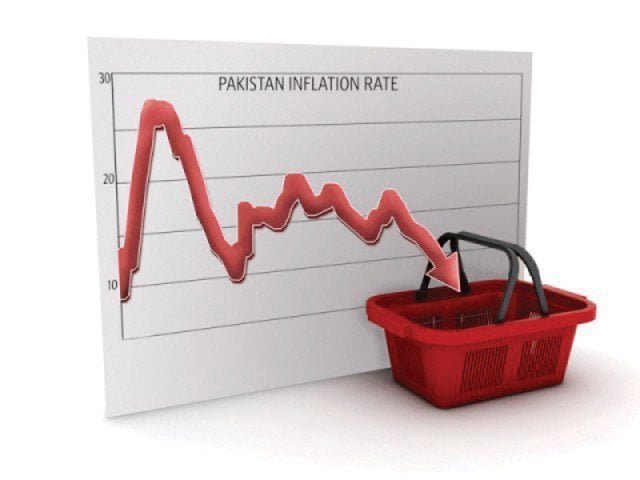The FBR’s Impressive Revenue Surge: What It Means for Pakistan’s Economy
In recent years, the Federal Board of Revenue (FBR) in Pakistan has made headlines with a remarkable leap in tax collections. Thanks to economic changes, this growth trajectory has seen annual revenue growth rise from an average of 18% in the past decade to an impressive 24% over the last five years. Let’s dive into the factors fueling this increase and what it means for the future.
One of the main drivers of this growth is inflation. Higher prices mean higher nominal tax collections—especially on goods and services taxed at ad valorem rates. Along with this, a sharp depreciation of the Pakistani Rupee has boosted the local currency value of import-based taxes, a significant revenue source. These economic shifts have created a perfect storm that has propelled the FBR’s collections to new heights.
According to recent analysis from Arif Habib Limited (AHL), the growth in revenue isn’t only due to economic factors—it’s also a game of policies. The withdrawal of tax exemptions under the International Monetary Fund (IMF) programs has broadened the taxable base. Additionally, the FBR has increasingly leaned on indirect taxes, such as sales tax and customs duties, which, while effective for revenue collection, raises concerns about fairness.
The numbers certainly tell a story. For example, tax collections surged from Rs3.11 trillion in the fiscal year 2016 to Rs14.13 trillion recently. Growth rates even peaked at an astonishing 35% in certain years! This clearly showcases the FBR’s improved capability in mobilizing tax revenues.
But with this impressive growth comes a cloud of caution. Much of the recent success is heavily tied to inflation and indirect taxation. This raises questions about sustainability—can this growth be maintained over the long term? A reliance on import-based taxes makes revenues susceptible to external shocks, while the heavy weight of indirect taxes unfairly burdens lower-income groups.
Moving forward, the FBR’s success lies in its ability to expand the tax base. This means not only formalizing sectors that are currently untaxed but also moving towards stable revenue sources like direct taxes. Transparency will play a crucial role in building public trust, encouraging more voluntary compliance from taxpayers.
In summary, while the FBR’s recent performance marks a notable improvement, the path ahead is riddled with challenges. For this growth to translate into durable fiscal strength, Pakistan will need a commitment to comprehensive structural reforms that adapt to the evolving economic landscape. Only then can we ensure a balanced, equitable, and sustainable tax system that truly serves the nation.





